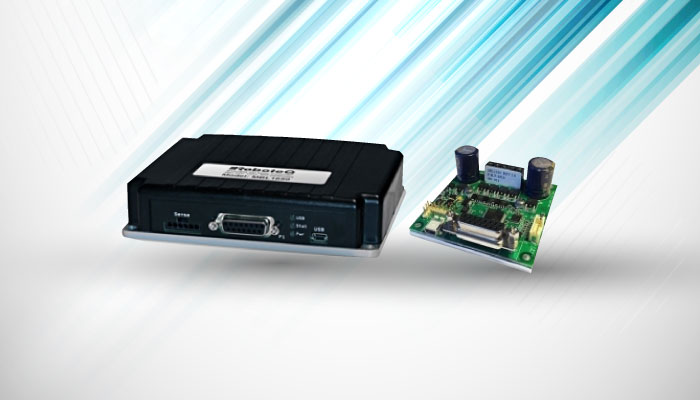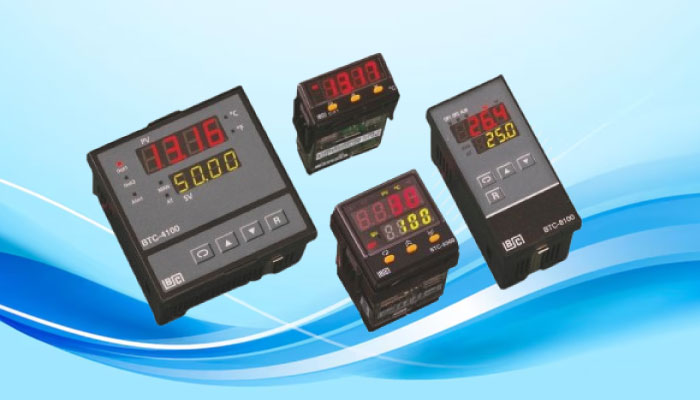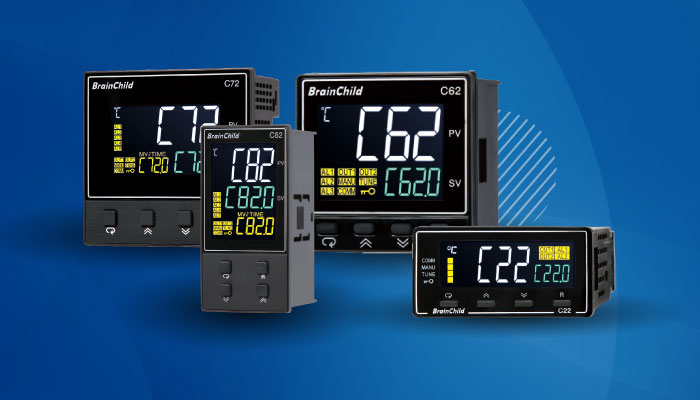DC Motor Speed Control Techniques for Precision Performance

DC motors are widely used in industrial automation, robotics, and automotive applications due to their ability to deliver precise speed control and high torque. To optimize performance, efficiency, and reliability, various speed control techniques are used. In this blog wewill explore different DC motor speed control techniques, their advantages, and their applications in modern industries.
Understanding DC Motor Speed Control
Speed control in DC motors refers to regulating the rotational speed of the motor shaft according to application requirements. The primary methods used for controlling the speed of DC motors are:
- Voltage Control Method
- Armature Resistance Control Method
- Field Flux Control Method
- Pulse Width Modulation (PWM) Control
- Closed-Loop Feedback Control
Each of these techniques provides distinct advantages and is suitable for different industrial applications.
1. Voltage Control Method
This method controls the motor speed by varying the voltage supplied to the armature. Since the speed of a DC motor is directly proportional to the applied voltage, adjusting the voltage allows for smooth control over the motor's speed.
Advantages:
- Simple implementation
- Efficient for applications requiring moderate speed adjustments
- Cost-effective solution
Applications:
- Conveyor systems
- Small electric vehicles
- Industrial fans and blowers
2. Armature Resistance Control Method
This technique involves inserting an external resistor in series with the armature winding to reduce the voltage applied to the motor, thereby controlling its speed. By increasing resistance, the motor speed decreases.
Advantages:
- Effective for reducing speed at light loads
- Simple circuit design
Applications:
- Printing machines
- Textile mills
- Lathe machines
3. Field Flux Control Method
This method adjusts the motor speed by varying the current flowing through the field winding, which changes the magnetic flux. A decrease in flux increases motor speed, while an increase in flux decreases speed.
Advantages:
- Provides a wide range of speed control
- More energy-efficient than armature resistance control
Applications:
- Traction motors in electric trains
- Steel rolling mills
- Elevators and hoists
4. Pulse Width Modulation (PWM) Control
PWM is a widely used speed control technique that varies the duty cycle of a pulse signal to regulate the voltage supplied to the motor. This method allows fine-tuned speed control without significant power loss.
Advantages:
- High efficiency
- Precise speed control
- Reduced energy consumption
Applications:
- Electric vehicles
- Robotics and automation
- Household appliances
5. Closed-Loop Feedback Control
Closed-loop systems use sensors and microcontrollers to continuously monitor motor speed and adjust inputs accordingly to maintain the desired speed. Common feedback mechanisms include encoders and Hall effect sensors.
Advantages:
- Provides highly accurate speed regulation
- Compensates for load variations
- Ensures optimal performance
Applications:
- CNC machines
- Medical equipment
- High-precision robotic systems
Conclusion
Choosing the right speed control technique for a DC motor depends on factors such as application requirements, efficiency, cost, and precision. While simple methods like voltage and armature resistance control are suitable for basic applications, advanced techniques like PWM and closed-loop feedback provide superior efficiency and accuracy.
Power Your Business with Theta Controls' Advanced DC Motor Solutions
At Theta Controls, we deliver innovative, high-performance DC motors designed to meet the evolving needs of Industry 4.0. With a focus on customized motor solutions, expert support, and nationwide accessibility, our products ensure superior efficiency and reliability for diverse industrial applications.
- Industry-leading innovation
- Custom solutions for your unique requirements
- Expert guidance for seamless integration
- Reliable performance for industrial and commercial applications
Contact us now to discuss your needs!

